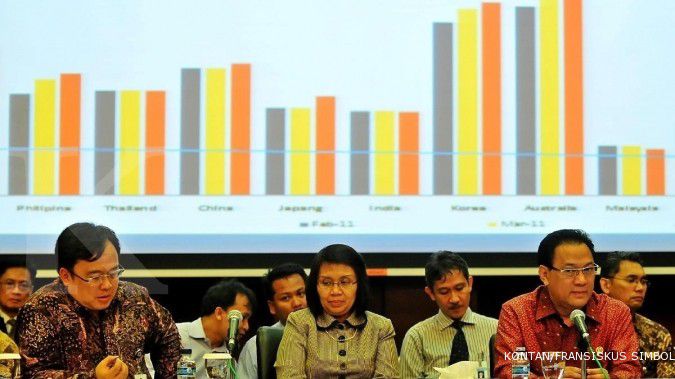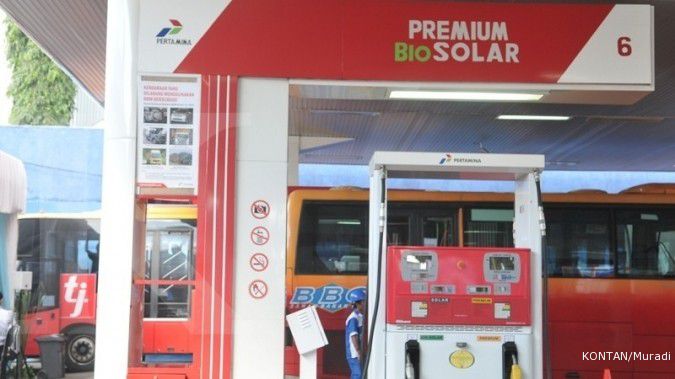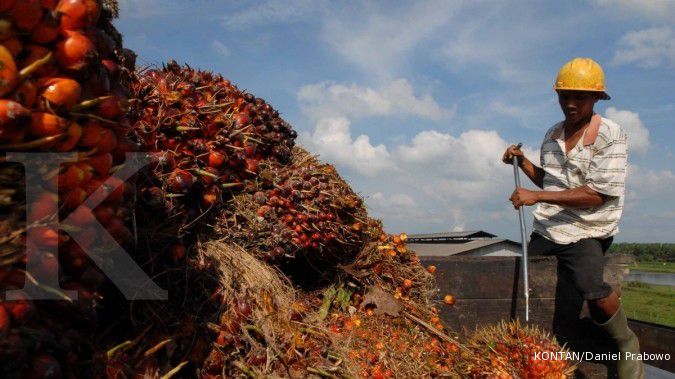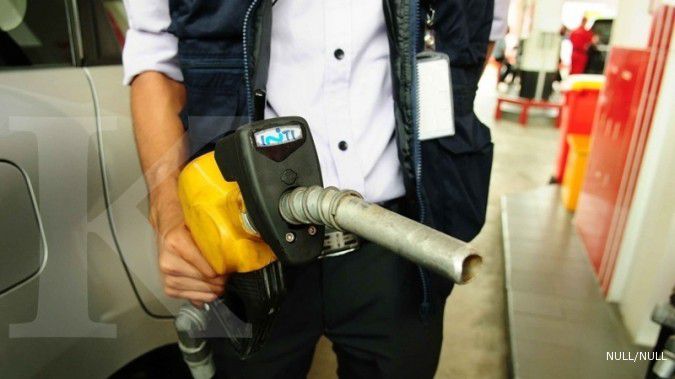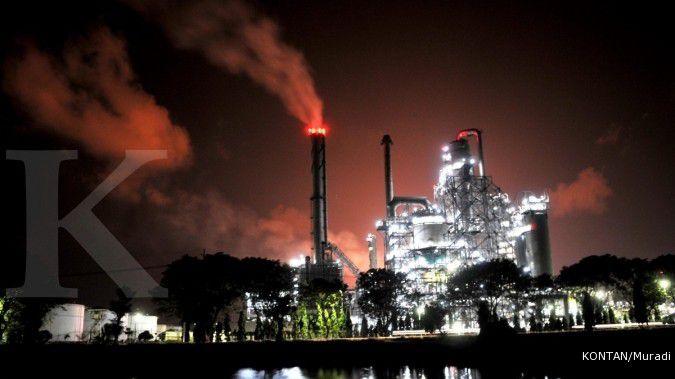Indonesia, which left its position as the Southeast Asia’s sole representative at the Organization of the Petroleum Exporting Countries (OPEC) in 2008 after becoming a net oil importer, is set to become the largest gasoline importer by 2018 amid income growth, increased car ownership and fuel subsidies.
In its report — entitled Indonesia Emerges as the World’s Biggest Importer of Gasoline — published on Thursday, the global energy think-tank Wood Mackenzie said the country would increasingly influence global gasoline trade flow and prices by 2018 as its gasoline deficit and imports are expected to exceed the US and Mexico combined-markets.
Singapore and Edinburgh-based Wood Mackenzie projected that from 2012 to 2018 that the country’s gasoline deficit would grow from 340,000 barrels per day (bpd) to around 420,000 bpd while, in parallel, the US and Mexico combined would see deficits fall from 560,000 bpd to around 60,000 bpd.
“Indonesia will make up most of Asia Pacific’s deficit and, therefore, assume the role as the main driver of global gasoline trade and price — a role the US played in the last decade,” Wood Mackenzie Asia Pacific head of Downstream Research, Sushant Gupta, said in a statement.
Indonesia is projected to see its gasoline demand to be highest among other commodities in the period of 2012-2018 thanks to passenger car growth and growth would increase at an average rate of 7 percent a year, according to the report.
In addition, the reports said gasoline demand would likely rise from 45 per 1,000 people to 60 per 1,000 people from 2012 to 2018.
The think-tank also highlighted that the response to the gasoline-supply situation had been slow with new refineries unlikely to come on-stream before 2018, stagnating domestic gasoline supply.
The report would likely be taken as a warning for Indonesia, which currently produces only around 830,000 bpd of crude oil — far less than the 1.6 million bpd it produced in 1995.
In this year alone, despite the government’s decision to increase the subsidized fuel prices by 44 percent from Rp 4,500 per liter to Rp 6,500 per liter, fuel consumption is still expected to reach 48 million kiloliters by the end of this year, which is 6 percent higher than consumption in 2012.
Pri Agung Rakhmanto, executive director of ReforMiner Institute, the Jakarta-based energy think-tank, said that the report highlighted the government’s “lack of urgency” in dealing with the country’s energy outlook.
“The government keeps mulling policies but none have come to fruition. The government keeps dragging its feet,” he said.
Pri Agung highlighted the government’s sluggish construction of refineries and the fuel to gas conversion program as the main drivers of rapid growth in gasoline demand, as well as other policies, such as the “cheap car policy”, which, he said, would likely boost gasoline demand in the future, thus, further increasing import.
“We are becoming more and more independent on fuel imports and it is possible that we will import 100 percent of our fuel demand,” he said.
Coordinating Economic Minister Hatta Rajasa commented that the government would prepare for the increased gasoline demand by expediting refinery projects.
“We have predicted that our energy consumption will increase by around 7 percent, thus, without new refineries we would not be able to manage demand,” he said.
President Susilo Bambang Yudhoyono last year said that at least three additional refineries were needed to ensure future energy security.
The government, however, decided on Thursday that it would scrap a planned refinery project, which was to be a collaboration between state-owned oil and gas firm PT Pertamina and Kuwait Petroleum, after the foreign company’s incentive demands were deemed “too much”, according to Hatta.
The two firms signed a memorandum of understanding (MoU) in 2011 to build the refinery with a production capacity of 300,000 bpd , which is expected to be built in Balongan, West Java.
With that, Hatta said there were only two remaining refinery projects currently in the pipeline, the first one was a planned collaboration between Pertamina and Saudi Aramco to build a refinery with a production capacity of 300,000 bpd, which would be located either in Tuban, East Java, or Bontang, East Kalimantan.
“Another refinery project will be constructed solely by Pertamina and funded by the state. The crude oil will supplied by Iraq,” said Hatta.
Both refineries, requiring a combined investment of around US$20 billion, are expected to boost refined fuel supplies in the country once the two begin operations in 2018. (Amahl S. Azwar)
RI oil: From OPEC to net importer
September 20, 2013, 11.24 PM
/2013/09/19/501704995.jpg)
ILUSTRASI. Promo Superindo Terbaru 9-12 Mei 2022 untuk diskon besar dengan banyak potongan harga selama 4 hari di pekan ini.
Reporter: Dyah Megasari
| Editor:
Latest News
-
February 24, 2026, 03.38 PM
Eni to Reach Final Investment Decision for Indonesia Gas Projects Next Month
-
February 24, 2026, 01.00 PM
Asia Stocks Try to Steady after Wall Street Selloff Sims Mood
-
February 23, 2026, 04.50 PM
Wall Street Futures and Dollar Slide on Trump Tariff Tumult
-
February 23, 2026, 02.17 PM
Indonesia's Government Spending Jumps 26% in January 2026
-
February 23, 2026, 01.47 PM
Indonesia's Government Spending Jumps 26% in January
-
February 21, 2026, 06.00 AM
Indonesia's Pertamina to Maintain Bidding Process for US Energy Imports
-
February 20, 2026, 01.23 PM
Indonesia Secures 19% Tariff Deal with US, Palm Oil and Other Commodities Exempt
-
February 20, 2026, 08.33 AM
Indonesia, US Sign Agreement on Reciprocal Trade, Indonesian Ministry Says
-
February 19, 2026, 08.12 AM
Indonesia, Freeport Units Sign MoU to Extend Mining Permit beyond 2041
